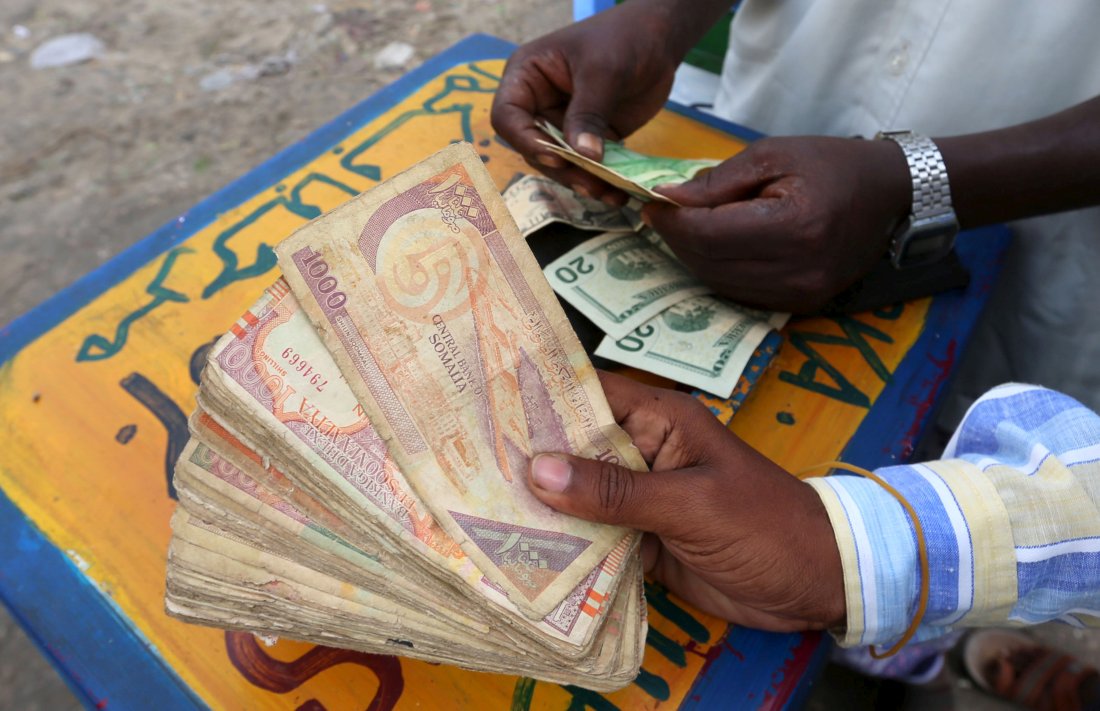
The good news is that the world as a whole is not any more unscrupulous than it was a year ago. The bad news: The number of countries considered corrupt is on the rise.
Overall, corruption improved a bit in the past year, according to the Corruption Perceptions Index 2016 released by Transparency International this week. The index, which rates countries o n a scale of 0 to 100, with a lower score indicating a higher level of corruption, had an overall global score of 42.9 for 2016, meaning the average governmental regime in the world falls below the midpoint of the index. But still, that was an improvement from last year when the index's average score last year was 42.5.
The problem: The number of governments that rank as corrupt is up from a year ago, even as the overall score has improved. In 2016, 121 nations around the world ranked as corrupt—meaning their score was below 50—up from 115 the year before.
In addition, the report said this year’s results highlight how corruption has led to rising inequality around the world. Transparency's researchers conclude that phenomenon has also given rise to populism, which is a phenomenon that has been gaining steam recently around the world and something U.S. residents have seen up close.
Of all 176 nations ranked, the U.S. dropped two slots from last year to 18th least-corrupt, with a score of 74. Here are the three countries that ranked the most corrupt:
North Korea
North Korea ranks third to last on the list, scoring a 12. In somewhat of a surprising development, the nation actually improved four points over last year. The oppressive nature of Kim Jong-un’s dictatorship is well known. Poverty and starvation are rampant among the nation’s residents, while the elite live lavishly and without accountability. The nation routinely ranks among the last in the world for human rights abuses, marked by political prisoner camps and forced labor. The flow of information is restricted severely, as well. It is estimated that only a few thousand people can afford access to North Korea’s heavily restricted internet, which restricts its residents to 28 government-approved websites.
South Sudan
Second-to-last South Sudan, which has only existed as an independent nation less than six years and has been embroiled in a civil war since late 2013. The government has been fighting off rebels, and in the process of doing so has committed numerous atrocities, including mass murder. Both the government and the opposition have used child soldiers in the conflict. The government has also pillaged South Sudan’s oil reserves and its other natural resources to the tune of billions of dollars. With basically no oversight for most of its budgetary dealings, the nation’s leadership is free to funnel public funds into the pockets of ruling elites via no-bid contracts or bribes.
Somalia
Coming in at the bottom of the index for the 10th year in a row is Somalia, which scored a paltry 10. Although that is an improvement over last year, when it scored an 8. Somalia has long been plagued by interference in its election processes. Its parliamentary elections were marked by irregularities and malpractice, with accusations of vote buying, which compounds the nation’s corruption problem since members of parliament are the only ones who can vote for president. Somalia’s presidential election had problems of its own. It was postponed three times last year, and has still yet to held.
nike roshe one toddler grey suit dress pants


